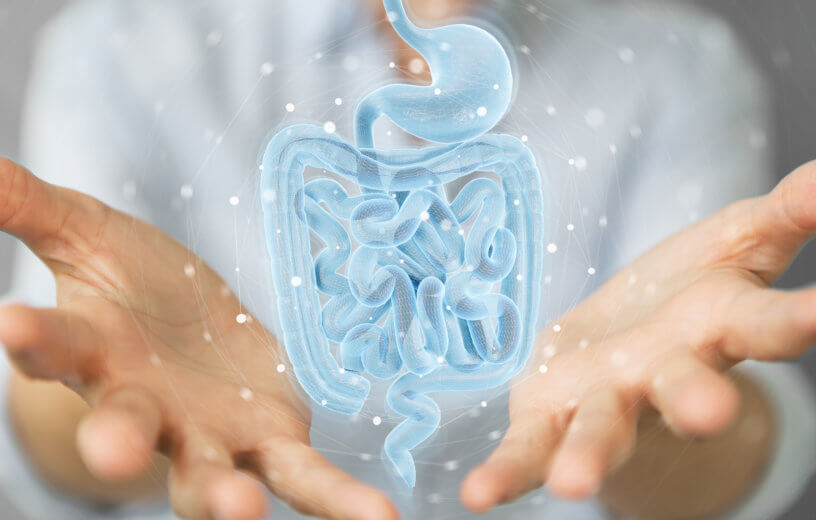AMHERST, Mass. — The food additive E171 is a common chemical that makes products look whiter and more opaque. Although you can find it in many foods, including desserts, candy, drinks, and chewing gum, questions abound over its safety. Currently banned in France, the additive is still in use in the United States. Now, a concerning new study by UMass Amherst researchers shows that E171 causes colon inflammation and changes in liver proteins in mice.
The chemical is made up of different sized titanium dioxide (TiO2) particles. Among these particles, the smaller ones (less than 100 nanometers) have the greatest potential to harm human health.
“The bigger particles won’t be absorbed easily, but the smaller ones could get into the tissues and accumulate somewhere,” lead author Hang Xiao explains in a university statement.
Negative effects after E171 fed to mice
To determine if these small TiO2 nanoparticles (TiO2 NP) negatively impact digestive health, researchers fed either E171 or TiO2 NPs to two groups of mice. One group of mice was fed a high-fat diet and eventually became obese. The second group was fed a low-fat diet and maintained a normal weight.
The study reveals negative health effects in both groups of mice, but those effects are more severe in obese mice.
“In both the non-obese mice and obese mice, the gut microbiota was disturbed by both E171 and TiO2 NPs,” Xiao says. “The nanosized particles caused more negative changes in both groups of mice.”
Researchers say mice eating TiO2 NPs have lower levels of short-chain fatty acids in their large intestine, which is essential for colon health. They also have higher levels of pro-inflammatory immune cells and cytokines in the colon, which trigger inflammation.
The UMass team says their exams on human stool samples also reveals a wide range of TiO2 levels. The study only examines short-term exposure to TiO2. Researchers say future studies need to determine how these particles impact long-term health, across a patient’s lifetime or even generations.
The study is published in the journal Small.

The consumer public are also just disposable lab rats to the corporates. They do zero research so they can claim it is safe, after a few decades it is found to be not toxic but they still use it for as long as possible. It’s all about money and unethical experiments on people without their knowledge or consent.